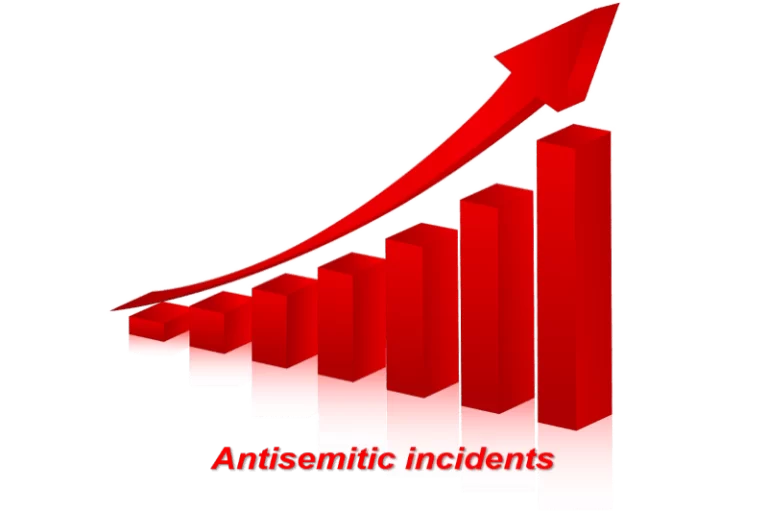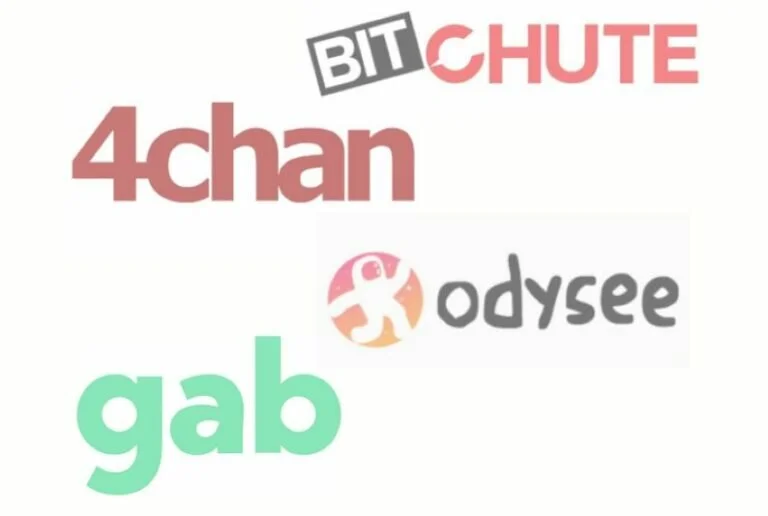Introduction
On October 7, 2023, Hamas terrorists invaded Israel from Gaza, brutally killing more than 1400 people, and kidnapping over 240 children, men and women, provoking a war between Israel and Hamas. ADL has since observed a massive rise in antisemitic incidents in the United States and around the globe along with the proliferation of inflammatory language, misinformation about the conflict, and hateful content online.
As antisemitic incidents have increased, we sought to better understand if and how the public’s views about the prevalence and severity of antisemitism in the United States compared to before the war and the spike in antisemitic incidents. We conducted a nationally representative poll asking the same questions about people’s perceptions of antisemitism that we asked approximately a year ago to determine how the war between Israel and Hamas has affected Americans’ awareness of antisemitism.
Methodology
We polled 1,484 adults living in the United States between October 31-November 1, 2023 using Prolific, a nationally representative survey platform. Participants completed a 31-item survey after viewing a short prompt explaining the causes of the present conflict. The average survey completion time was approximately eight minutes. After providing basic demographic information (10 questions) and political affiliation (ranging from Very Conservative to Very Liberal), participants rated their level of agreement with each of the following four statements on a seven-point scale ranging from “Strongly disagree” to “Strongly agree”:
- “Jew-hatred is a serious problem in the U.S.”
- “Jew-hatred is a growing problem in the U.S.”
- “I see hatred of Jews in my community.”
- “I feel personally motivated to address Jew-hatred.”
We were able to compare the answers to a prior national survey on Antisemitic Attitudes in America that we collected in September and October of 2022. In that survey, conducted with the National Opinion Research Center (NORC) at the University of Chicago and in partnership with the One8 Foundation, we sampled 4,007 respondents from the nationally representative NORC AmeriSpeak panel.
Additionally, to measure participants’ endorsement of the war against Hamas, the most recent survey used a five-point scale (“Strongly disagree” — “Strongly agree”) to assess participants’ level of agreement with the following statement: “Israel should invade Gaza to destroy Hamas.”
Key Results
Jew-Hatred is a Serious Problem
In total, 71% of 2023 participants (N = 1484) agreed that Jew-hatred is a serious problem in the U.S., compared to 53% of 2022 participants (N = 4007).
We also looked at whether Americans differed in their view on whether Jew-hatred is a serious problem based on their view of the war. We found higher rates of agreement among those who believed Israel should invade Gaza to destroy Hamas. However, a majority of Americans agreed that Jew-hatred is a serious problem regardless of their view on invading Gaza.
We also performed multivariate regression to isolate the effect of different factors in predicting whether a respondent viewed Jew-hatred as a serious problem in the United States. We found that Jewish participants on average scored 10% higher in agreement that Jew-hatred is a serious problem (p
Jew-Hatred is a Growing Problem
In addition, Americans in 2023 were much more likely than those in 2022 to agree that the problem of Jew-hatred is growing – with 70% of Americans viewing Jew-hatred as a growing problem now compared to 49% a year ago.
As above, a majority of Americans viewed Jew-hatred as a growing problem regardless of their view on whether Israel should invade Gaza, but we did see higher rates of agreement among those who think Israel should invade.
We found similar results in our multivariate regression as above, with being Jewish, more liberal, and supporting an invasion of Gaza strongly associated with higher rates of viewing Jew-hatred as growing (p
Seeing Hatred of Jews in My Community
We also asked whether people saw hatred of Jews in their specific community. We saw an increase from 13% to 18% in agreement. Responses did not vary significantly between levels of agreement with Israel invading Gaza to destroy Hamas.
Similar to above, multivariate regression demonstrated that being more liberal predicted a statistically greater likelihood of noticing Jew-hatred in one’s community.
Finally, we asked whether people personally felt motivated to address antisemitism. Forty seven percent of Americans agreed they were personally motivated today, up from 38% a year ago. Responses did not vary significantly between levels of agreement with Israel invading Gaza to destroy Hamas.
Through multivariate regression, we found that feeling personally motivated to address Jew-hatred was significantly associated with being Jewish and being liberal, as above.
Conclusion
Overall, the Hamas attacks and the rise in antisemitic incidents have increased both Americans’ awareness of and concern about antisemitism. Our research also suggests that even those who may disagree with certain military actions by Israel can also be allies in fighting the rise of antisemitism domestically. Moreover, while most of the domestic antisemitic incidents have been observed by those identifying as liberal, our research suggests that liberals may be especially poised to be powerful allies in fighting the surge of antisemitism here at home.





